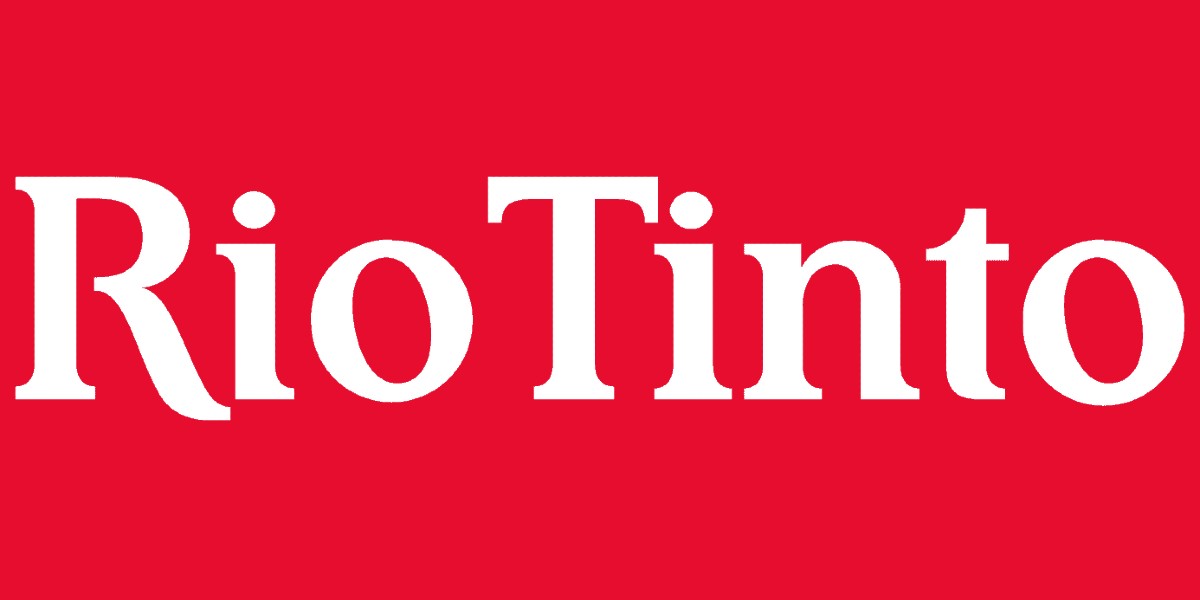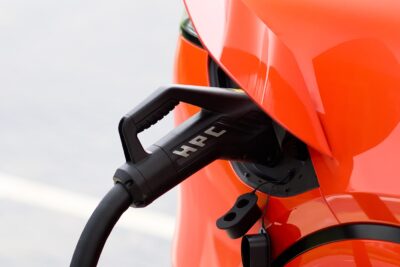Serbia blocks lithium mining project
The Serbian government has denied permission for the Jadar project of the British-Australian mining company Rio Tinto. Rio Tinto wanted to build a lithium mine in Serbia as part of the project.
This mine, valued at over $2.4 billion, would have produced up to 58,000 tonnes of battery-grade lithium carbonate from 2026 onwards – which could equip around one million vehicles with a 60 kWh battery. With full production targeted for 2029, Rio Tinto says it would have become one of the world’s top ten lithium producers.
But nothing will come of it now. The construction of the huge underground mine in the rural region met with great resistance from the local population and environmentalists from the beginning. Most recently, there were public protests and demonstrations against the project. Despite some measures announced by the company – such as the use of electric dump trucks, the greening of the tailings pile and the treatment of the mine water – the environmentalists see the natural landscape endangered.
As a result of the protests, the Serbian government in Belgrade has revoked the spatial planning plan for the Loznica region, effectively removing the basis for the Jadar project. “All decisions [linked to the lithium project] have been annulled. As far as project Jadar as concerned, this is an end,” said Prime Minister Ana Brnabić. Environmentalists, however, have interpreted this only as a stage victory and election campaign manoeuvre, as presidential and parliamentary elections are due in Serbia in April.
While officially environmental concerns are cited, there is also speculation that the case of Serbian tennis player Novak Djoković may have influenced the decision. Djoković, who had not been vaccinated against the coronavirus, was not allowed to enter Australia earlier this month to play in the Australian Open. The revocation of his visa has led to diplomatic tensions between the Serbian and Australian governments. Djoković had posted a photo of the environmental protests on Instagram in December with a supportive comment.
This is not the only signal the Serbian government has sent in regards to their attitude towards electric, fuel cell and hybrid vehicle technologies, as the subsidy system was unceremoniously cut last summer, after funding had run out.
Regardless of the reasoning, Rio Tino expressed “extreme concern” about the government’s decision and announced that it would review the legal basis. The mining company has already reached numerous agreements with the Belgrade government and says it has already spent $450 million on feasibility studies and other research on the project. The Jadar project alone would have contributed about four per cent to Serbia’s gross domestic product.





1 Comment